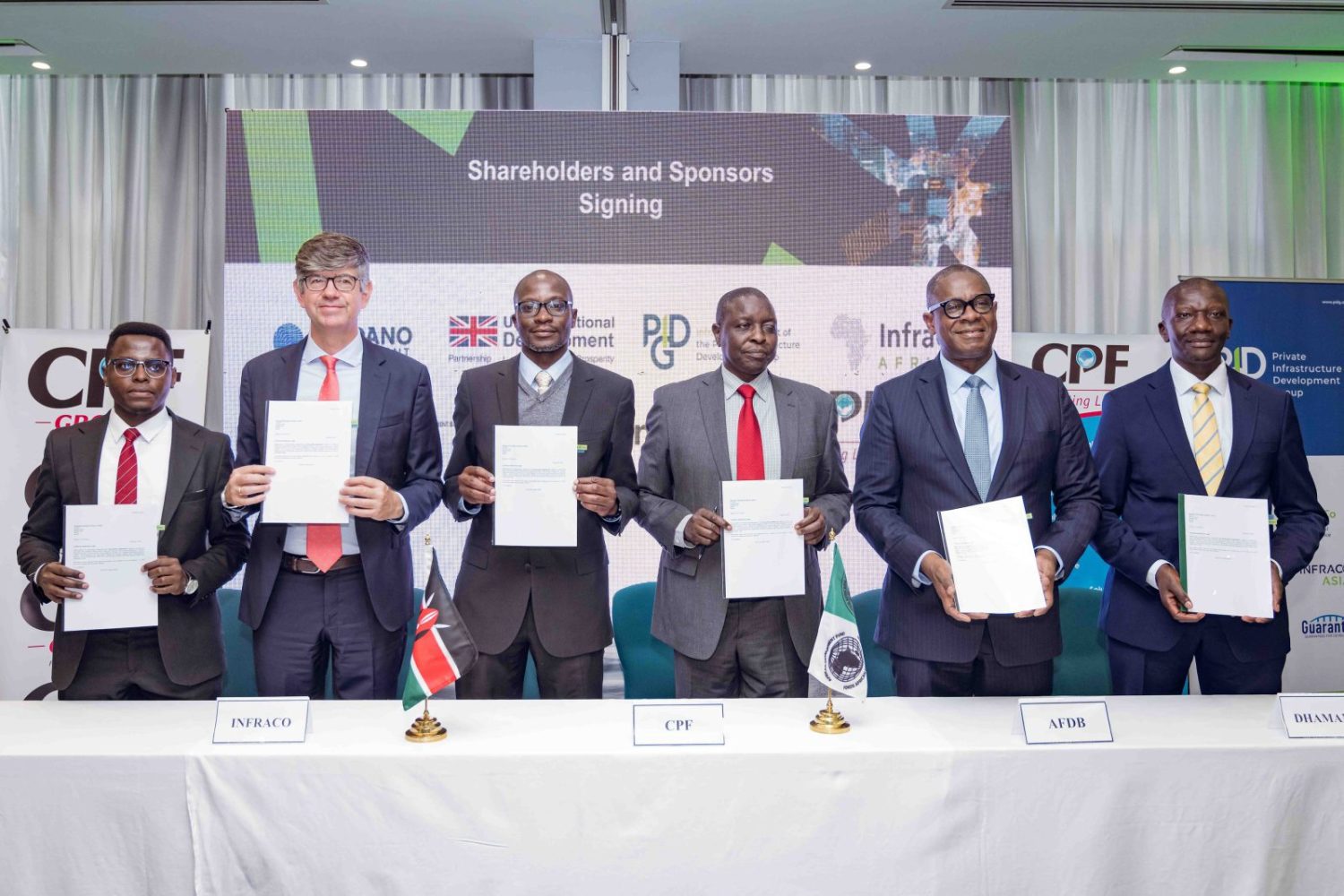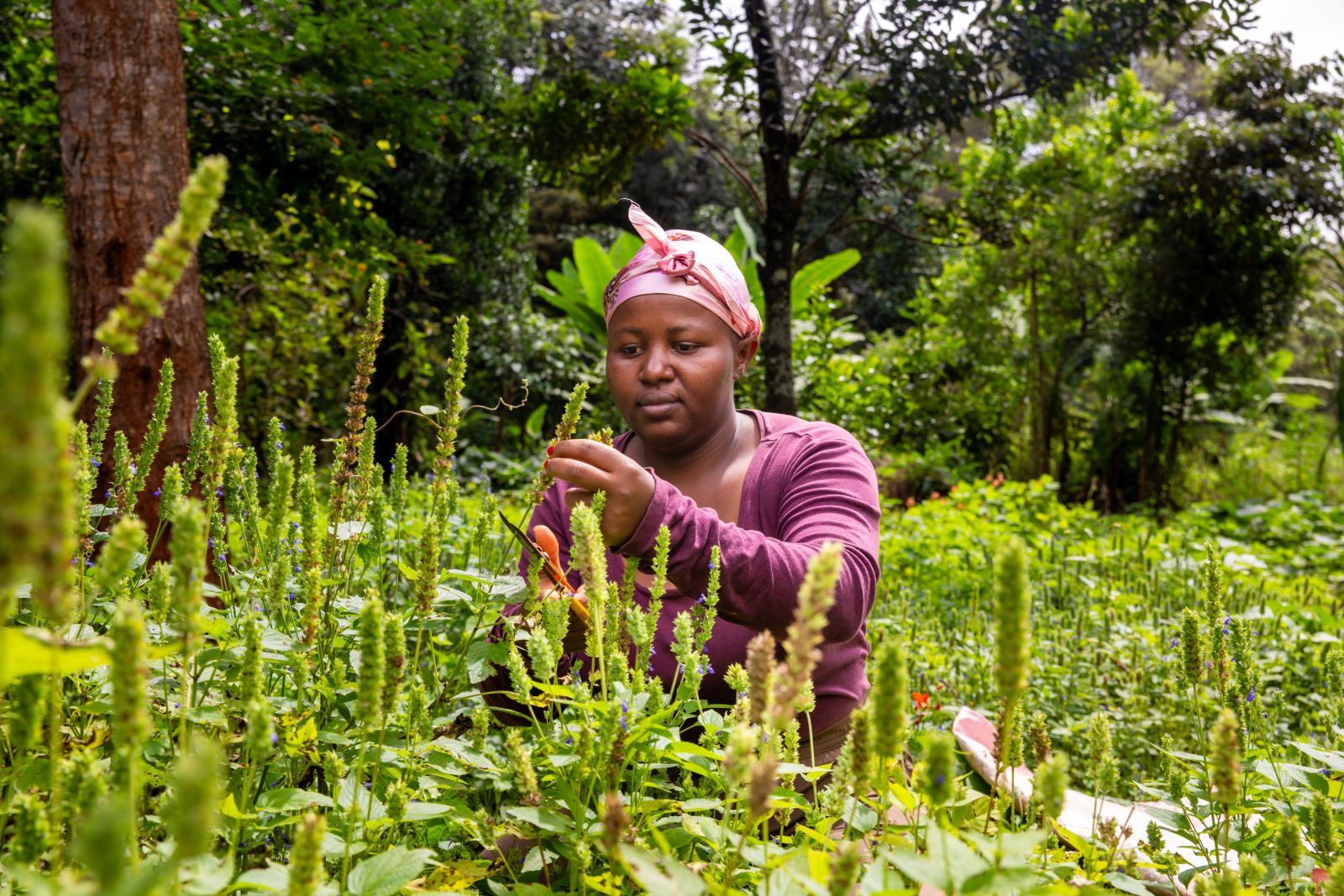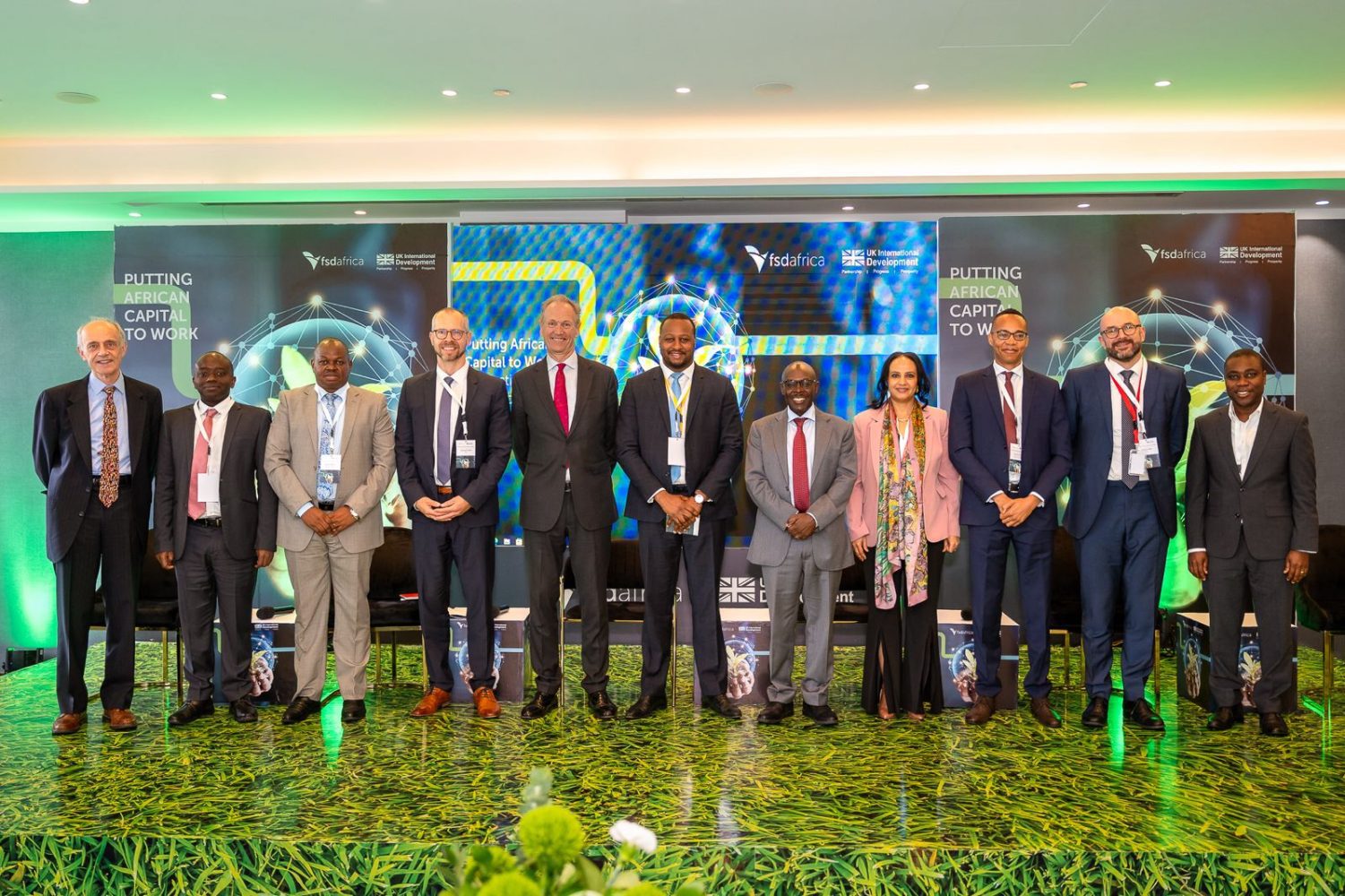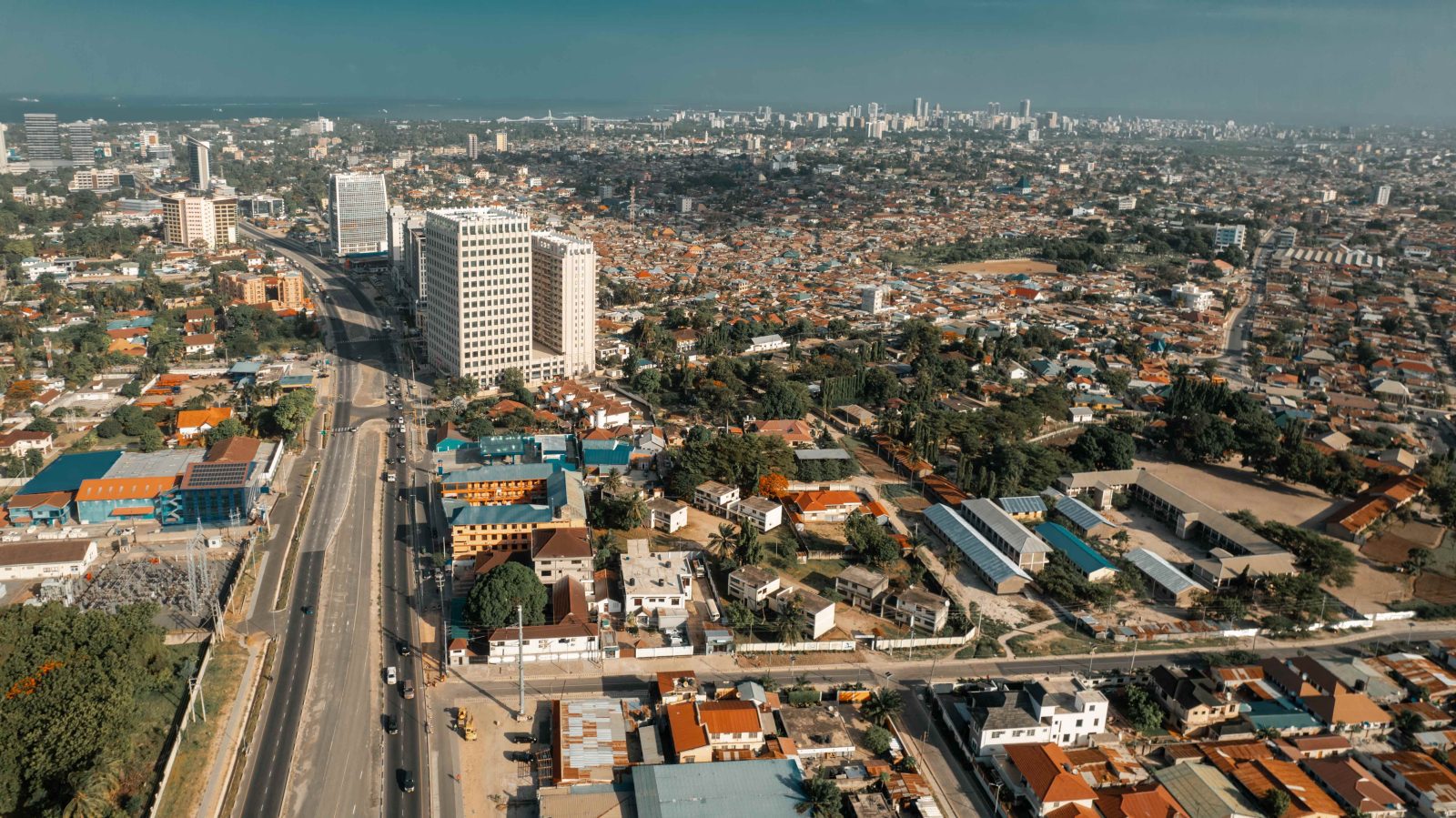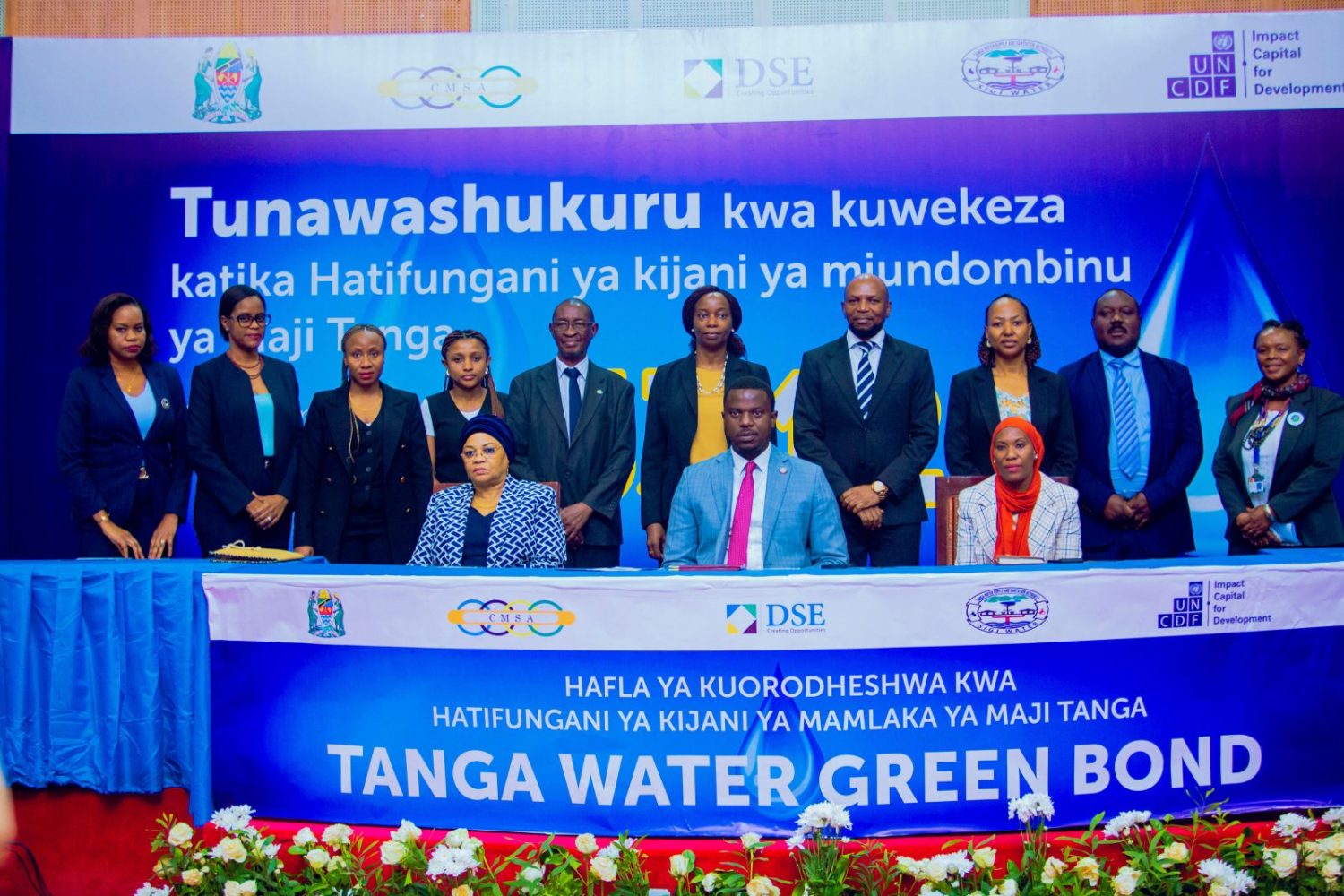UK-KENYA PARTNERSHIP REACHES FURTHER MILESTONE FOR LONG-TERM CLIMATE FINACE SOLUTIONS IN KENYA
- Investors back Dhamana Guarantee Company’s work to transform East Africa’s financial landscape.
- Tackling climate change given another boost in Kenya as, for second time in a week, a UK-Government backed investor in green finance solutions puts pen to paper.
Monday 30 September 2024 – the Dhamana Guarantee Company Ltd (Dhamana) has reached a major milestone, marked at an event in Nairobi today.
Investors in the new company put pen to paper at a signing ceremony, which will allow the company to kick-start operations.
Dhamana aims to mobilise private sector finance to support the development of sustainable growth businesses. It will do so by issuing guarantees to commercially viable projects, businesses, and institutions that tackle the climate crisis and make progress towards the Sustainable Development Goals (SDGs).
The design and creation of the company was supported by the UK-Government backed investor the Private Infrastructure Development Group (PIDG) through InfraCo Africa. With its anchor investment, PIDG kick-started Dhamana, attracting further investment from the African Development Bank (AfDB) and County Pension Fund Financial Services (CPF), with support provided by Cardano Development and FSD Africa.
The project will target businesses that add value to people’s lives, improving the day-to-day life of Kenyans. The increase in affordable finance for Kenyan businesses will mean projects will require less capital to get off the ground, make money, and generate growth. Dhamana will also enable investors to diversify their portfolios, acting as a catalyst to transform East Africa’s financing landscape.
This is the second time in a week that an investor in climate solutions backed by the UK Government has achieved a milestone. Last week, MOBILIST signed a partnership with the Nairobi Securities Exchange, which aims to drive the listing of new investment products in the Kenyan market and increase the amount of private sector capital available for development and climate projects in Kenya and drive growth.
Dhamana CEO, Christopher Olobo, said, “With the support of our investors and supporters, the Private Infrastructure Development Group (PIDG), Cardano Development, FSD Africa, CPF Financial Services, and the African Development Bank (AfDB), we have worked to develop Dhamana as an important catalyst for long-term sustainable finance in the region. Dhamana’s local currency guarantees will connect pools of untapped capital with East Africa’s real economy, making a tangible difference to people’s lives and offering local investors the opportunity to invest in Paris-aligned initiatives.”
Speaking after the event, PIDG CEO, Philippe Valahu said, “Building on the success of other PIDG-supported credit enhancement facilities in Nigeria and Pakistan, Dhamana will demonstrate the value of such a facility in the East African market, opening up opportunities for investors and clients alike. Crucially, Dhamana will engage new partners and investors in our efforts to urgently address the climate crisis and accelerate delivery of the UN sustainable development goals.”
